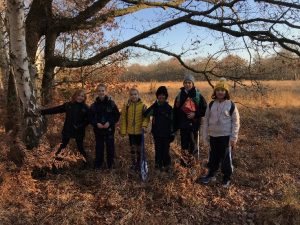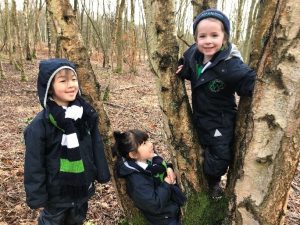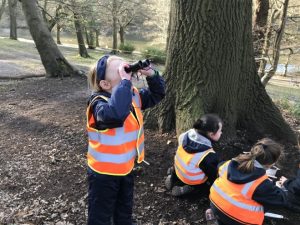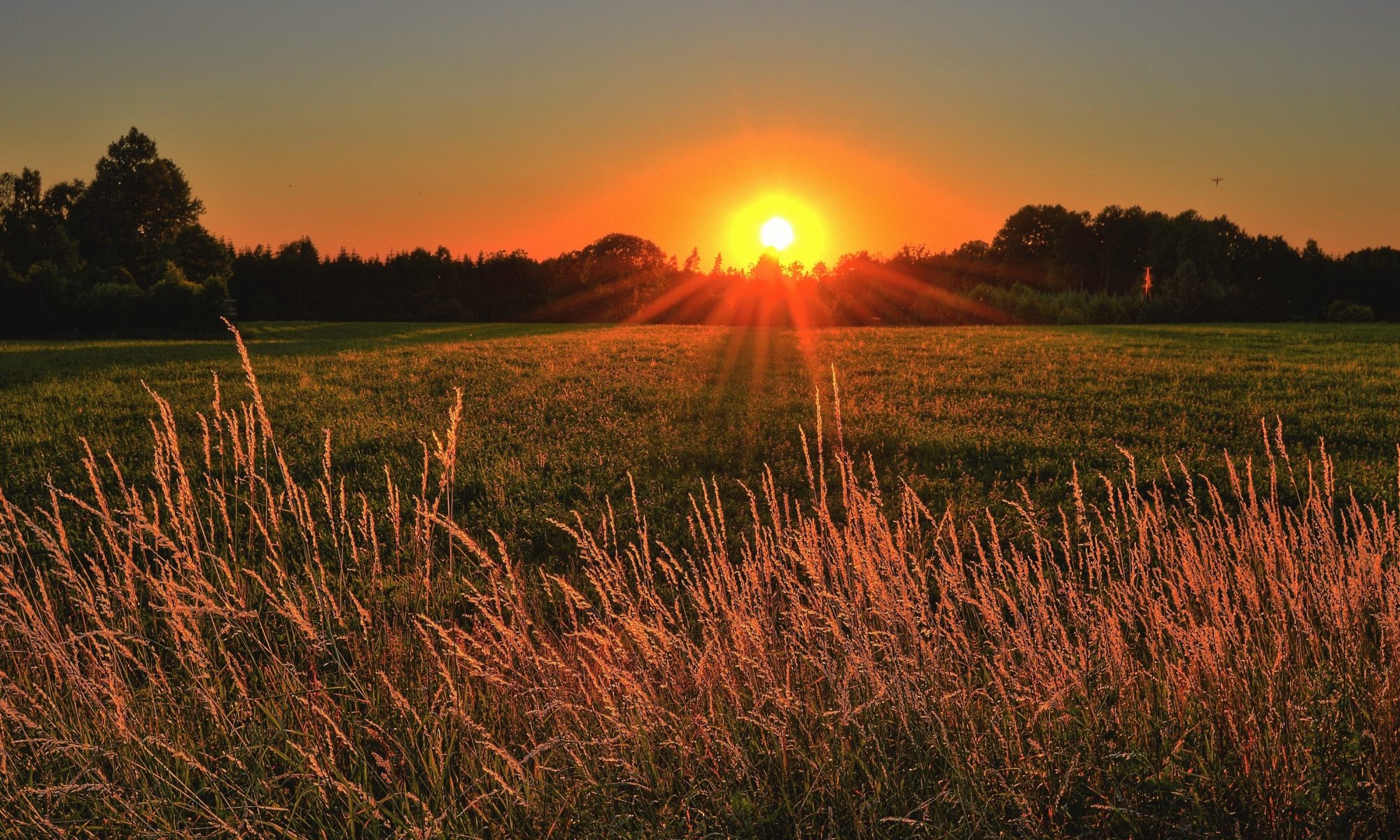Mrs Sarah Brierley, Miss Tiffany McIntyre and Miss Jade Mayes explore the impacts of learning beyond the classroom on pupils’ social, emotional, physical development and academic progress.
We are the Wild Girls
Outdoor Education is an umbrella term for any educational session which takes place outside the classroom; from Maths lessons in the playground, to visits to the Tower of London. For us, Wild Girls provides our pupils with the opportunity to jump in puddles, build shelters, write poetry in the woods, fly kites and learn to love nature. As we like to say, there is no Wi-Fi in the woods, but you’ll find a better connection! Children are also given permission to play freely, to explore their natural environment and take controlled risks.
Meet the facilitators with a vision
Participants are destined to achieve. The Wild Girls’ facilitators aim to make observations based on each individual girl, in order to scaffold their learning and allow them to take controlled risks.
Sarah Brierley:
I moved to the centre of Wimbledon 4 years ago, from the beauty of The Lake District, which offers a different outdoor classroom for each day of the year. As a mountain leader and RYA dingy sailing instructor, when I shared my vision with my fellow outdoor instructors from the Lakes, they were bewildered at how I could possibly suggest delivering outdoor education in central London- but we’ve done it!
Jade Mayes:
As a Year 1 teacher, I fully understand the importance of hands on, child-led learning. I have a background in Forest School Education, and bring this knowledge to our new initiative. My vision is to foster a community of individuals, who have just as much love for the natural world as I do, and in return will take care of it for future generations.
Tiffany McIntyre:
As a Reception teacher, I aspire to make this project more than just taking learning from indoors into an outside area, but to go further and provide opportunities that cannot be achieved within the confines of a classroom. Once the walls are removed, children have a sense of space and freedom that allows their young minds to investigate, explore and create on a larger scale. They move freely, building confidence through shared enterprise and hands-on experiences. Whether this involves building a pirate ship or investigating the best consistency of sand to build a sand castle, it all supports the children in the acquisition of skills and encourages them to develop independent thought, where the possibilities are endless.
The importance of learning beyond the classroom
We can learn so much from nature. The trees in a forest care for each other, communicating through their roots. They warn each other about dangers and use this network to decide when to seed. We can learn so much from this ‘wood wide web’ (Flannary, 2016.) The lessons trees provide us about team work are endless. Isolated trees have much shorter lifespans than those living connected together in the woods (Wohlleben, 2016.) Surely, this is a lesson that will support our pupils as they progress through life.
Our KS1 sessions include the use of a range of activities and resources to encourage our pupils to participate. Nature provides a therapeutic environment for pupils to truly be themselves and grow as individuals. This point of view is supported by Carl Roger in his book A Way of Being – ‘I love to create such an environment, in which persons, groups, and even plants can grow…real relationships with persons, hands dirtied in the soil, observing the budding flower, or viewing a sunset, are necessary to my life’ (Rogers, 1995). This concept is at the heart of our practice and has already been successfully implemented within our Junior School.
Holistic pedagogy
The holistic approach is naturally engrained in the structures of a Wild Girls’ session, as emotions, fears, conflicts and friendships form an intrinsic part of each session. This offers children the opportunity to grapple with challenging processes, as they play freely within the woodland setting.
In an urban environment, it is essential for children to have access to nature. For us to be able to extend these opportunities as part of our Wild Girls programme is invaluable.
In addition to this, children need nature for the healthy development of their senses and consequently their learning and creativity. Asking children to use their senses to interpret the world around them can be challenging for those who have not had the opportunity to develop these faculties.
These classrooms come cheap too. London provides the world’s largest urban forest, ‘8.4 million trees for 8.6 million people’ (Wood, 2019.) In London, most areas of outdoor space are free to access and close to transport networks making it easy and free for schools to use them.
Wild Girls in Action
At Wimbledon High Junior School, we have created different activities for our girls to explore whilst outdoors.
 In Year 6, our pupils study navigational skills in a woodland setting, in order to learn how to use compasses and read maps. These are skills that could be potentially get lost in the high-tech world our children are being brought up in. When learning about directions on a compass, one misconception emerged when a pupil suggested that North is always dictated by the direction of the wind! Even if she never uses a compass again in her life, she has been afforded a valuable learning opportunity.
In Year 6, our pupils study navigational skills in a woodland setting, in order to learn how to use compasses and read maps. These are skills that could be potentially get lost in the high-tech world our children are being brought up in. When learning about directions on a compass, one misconception emerged when a pupil suggested that North is always dictated by the direction of the wind! Even if she never uses a compass again in her life, she has been afforded a valuable learning opportunity.
 In Reception, these experiences are focused on inviting the pupils to be a part of their environment, to observe and respect what they can see, hear and feel. Using stories as a starting point, we connect with nature and encourage the girls to lead the learning experience. However, the most fun our girls have had was splashing in the puddles on their way into the forest! These opportunities provide the foundation for these young learners to grow and to develop as they move through the Junior School.
In Reception, these experiences are focused on inviting the pupils to be a part of their environment, to observe and respect what they can see, hear and feel. Using stories as a starting point, we connect with nature and encourage the girls to lead the learning experience. However, the most fun our girls have had was splashing in the puddles on their way into the forest! These opportunities provide the foundation for these young learners to grow and to develop as they move through the Junior School.
 Year 1 pupils have used free play to explore the woods, making wind chimes and mud cakes, whilst coming across many mini beasts to identify. In the outdoors, nature is in control. Although you can predict what the weather is going to do, you can’t predict what children will learn the most from in the natural classroom you’ve created. This is the beauty of outdoor education.
Year 1 pupils have used free play to explore the woods, making wind chimes and mud cakes, whilst coming across many mini beasts to identify. In the outdoors, nature is in control. Although you can predict what the weather is going to do, you can’t predict what children will learn the most from in the natural classroom you’ve created. This is the beauty of outdoor education.
Final thoughts
This opportunity to roam unchecked and learn life skills in the outdoors is arguably the most important education any child can have. It is enriching for the soul and brings out character traits that may be hidden whilst learning indoors. In the short space of time that we have been delivering ‘Wild Girls’, we have observed social connections becoming stronger and more universal, and an even more cohesive sense of community emerging. Personality types who may be naturally more reserved, have been given the space to show the qualities of leadership and collaboration. In an ever-changing, evolving world, giving children the space and freedom to be a child, has never been more important.
References
Wohlleben P, The Hidden Life of Trees, London, William Collins, 2017
Wood P, London is a Forest, London, Quadrille, 2019

